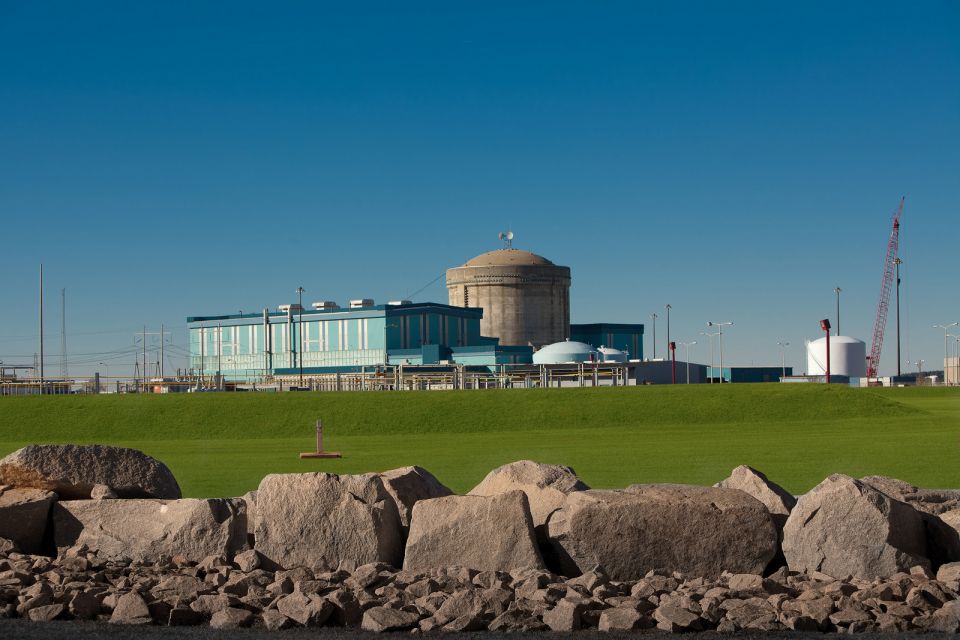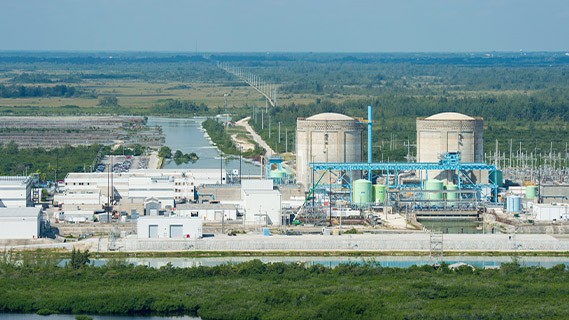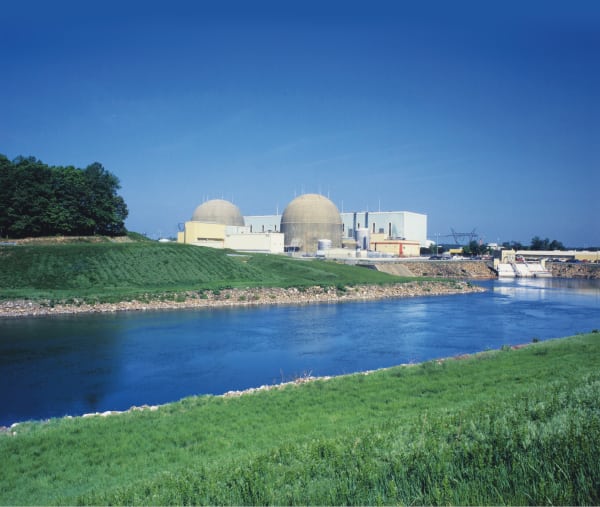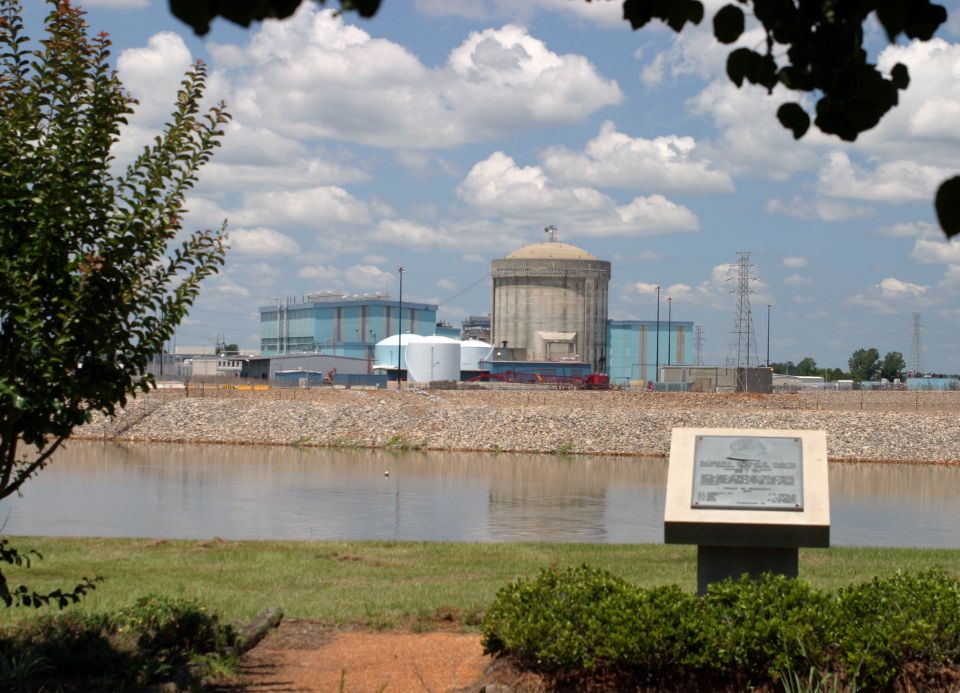Subsequent license renewal critical to meeting U.S. climate goals

Doug Lawrence
As the United States intensifies its efforts to combat climate change and transition to a low-carbon energy future, the role of nuclear energy has never been more critical.
One key strategy in this transition is the subsequent license renewal (SLR) of our existing nuclear power plants, allowing them to operate for up to 80 years. This extension brings several significant benefits.
Continued low-carbon energy production—By extending the life of existing nuclear power plants, we ensure a steady supply of low-carbon energy, reducing our reliance on fossil fuels and helping meet our nation’s emission reduction targets. Given that nuclear power currently provides nearly 20 percent of the U.S. electricity supply and more than half of its low-carbon electricity, maintaining this capacity is vital for a sustainable energy future.







